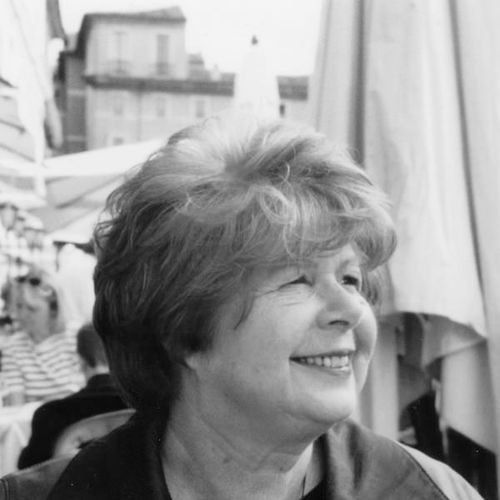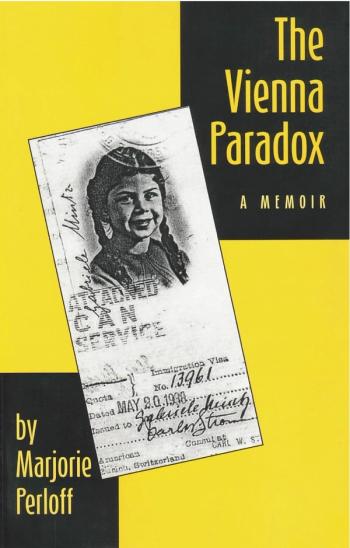Marjorie Perloff
Marjorie Perloff was born in Vienna, Austria on September 28, 1931. Her family fled Hitler when the Nazis annexed Vienna on March 12, 1938. They left the next night and came, via Switzerland and Holland to New York, where she grew up. She attended Fieldston (Ethical Culture) School in Riverdale, NY, Oberlin College, transferring to Barnard College for her senior year. She graduated in 1953 and was married the same year to Dr. Joseph Perloff, who became a cardiologist. Her first job was as a subtitle writer for MGM. She received her MA and PhD from the Catholic University of America, where she later became a full professor. In 1976, she was offered the Florence Scott Chair in English Literature at the University of Southern California. She and her husband then moved to Los Angeles where they have lived ever since. In 1986 she accepted a professorship at Stanford University, where she taught until 2000. She has also been a visiting professor at various universities including UC-Riverside, UC-Irvine, and Utah. Marjorie Perloff has been a Guggenheim, NEH, and Huntington Library Fellow, been named a Fellow at the Center for the Behavioral Sciences at Stanford, and was elected to the American Academy of Arts and Sciences in 1997. She was also President of the American Comparative Literature Association. Aside from a dozen books (21st Century Modernism Poetry On & Off the Page; Wittgenstein’s Ladder…), she has published some 250 scholarly articles and chapters for books, produced hundreds of book reviews in journals ranging from Critical Inquiry and Modernism/Modernity to the Washington Post, New Republic, TLS.

